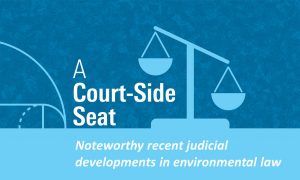As we close out the last remaining weeks of 2022, all eyes look ahead to 2023. Below is a quick snapshot highlighting three trends and predictions that may continue to shape the commercial real estate landscape in 2023.
- Office space and the digital economy present attractive investment opportunities and potential. Even with all of the chatter about office vacancies during the last three years, according to Moody’s Analytics, “it’s important to note that none of the regions across the U.S. have seen office vacancy rates dip below their pre-pandemic Q4 2019 levels.” This might be due to creative and reimagined office spaces as the return to office continues. The hybrid work format and flexibility in spaces will continue in 2023.
- Data analytics and Proptech will continue to play a larger role, allowing property owners and tenants to collaborate to provide more efficiency, whether to achieve sustainability goals or leverage technology like immersive experiences to entice tenants to new spaces. An increase in demand for technology to solve issues will most likely continue in commercial real estate.
- ESG will continue to be a trending topic, particularly around regulatory and disclosure requirements. In 2022, we saw commercial real estate taking notice if increased ESG enforcement. In 2023, the industry will take specific and actionable steps to apply ESG (and leverage smart technology in commercial real estate) to reduce carbon footprint and greenhouse emissions in commercial buildings, collaboratively with tenants and retail locations.





